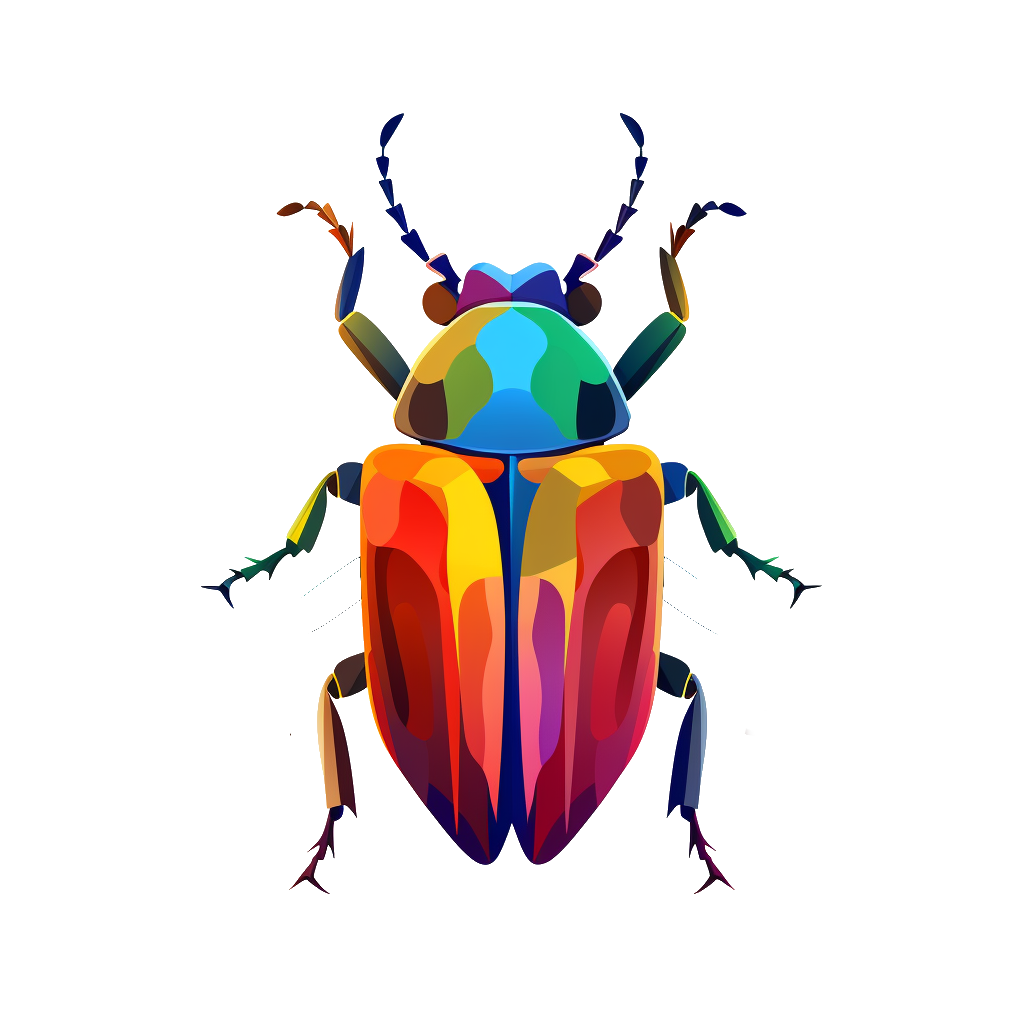Scientists have long assumed that insects and other invertebrates can’t feel pain. As a result, these creatures are often left out of the legal and ethical guidelines that require mice, monkeys, and other laboratory animals to be treated as humanely as possible. But what would it look like to broaden these protections to the millions of fruit flies, beetles, mosquitoes, and other insects used in research every year?
According to Bob Fischer, a philosopher at Texas State University who specializes in animal ethics, the current lack of oversight means that research insects are sometimes used in unnecessarily large numbers and can be vulnerable to both neglect and dissections without the use of anesthetics—a practice that is considered inhumane in vertebrates. In addition, many academic journals don’t require scientists to detail the treatment of research insects in their publications. Fisher’s colleague Craig Perl, an entomologist at the University of Stirling, says this lack of transparency can threaten reproducible science and may even undermine people’s trust in the science itself.
But as researchers accumulate evidence that insects may be able to experience pain—and discuss “at least a realistic possibility” that many may experience some form of consciousness—attitudes toward insect welfare are changing. To measure how this shift is shaping scientific practice, Fischer and Perl recently joined a team of scientists that trawled the scientific literature for examples of researchers reporting on the ethical treatment of their laboratory insects. Their study, published last month in PLOS One, surveyed more than 1300 papers from 15 journals over 20 years.
Fischer and Perl talked with Science about their findings, how scientists currently think about insect welfare, and what guidelines they think are necessary in the future.
Scientists have long assumed that insects and other invertebrates can’t feel pain.
Idiots.
why



